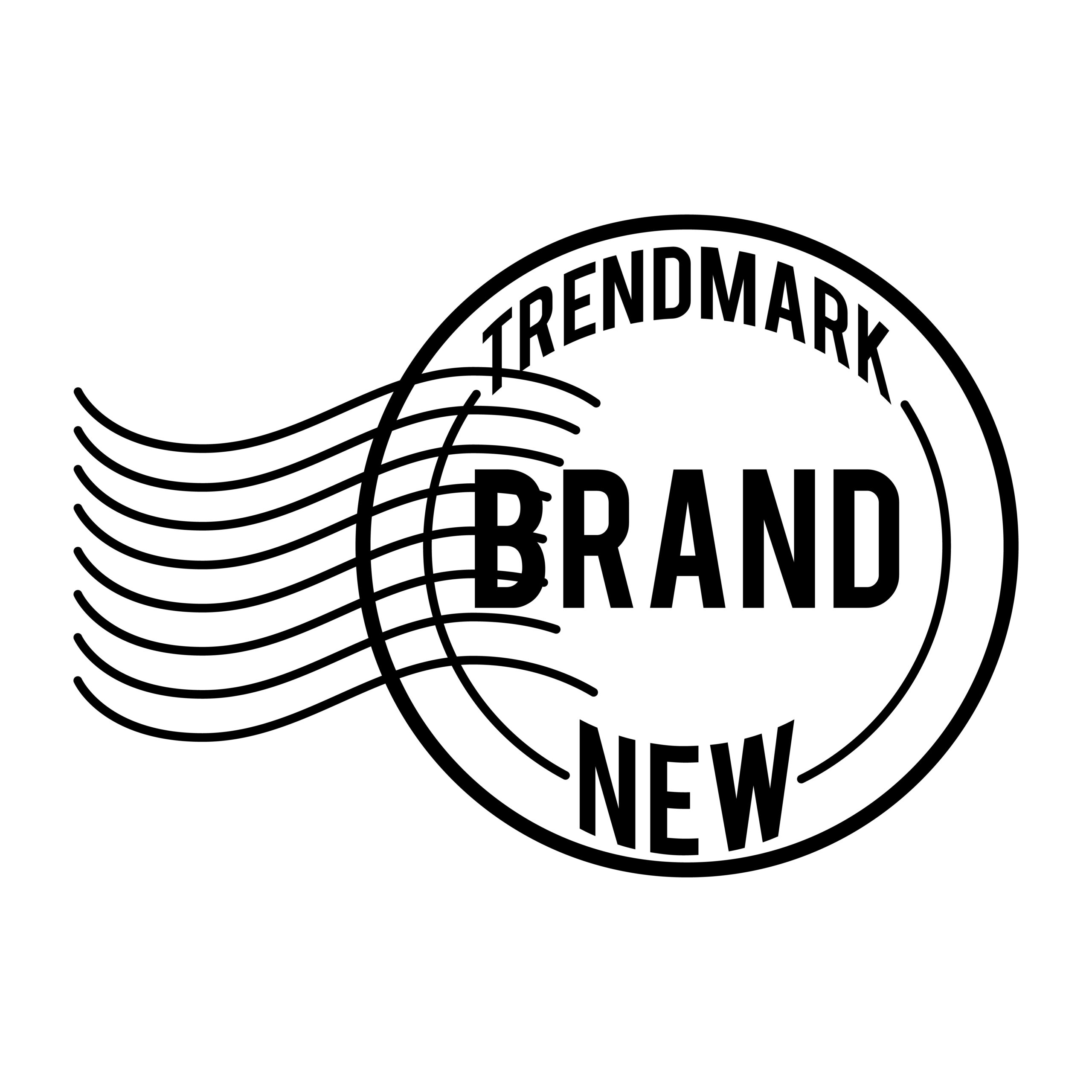Always Be Covered
This article is by no means a comprehensive guide to business insurance. Sadly, the breadth of the topic can hardly be distilled into one post. Hopefully, we can cover the basics here concisely enough to help you make an informed decision about your options moving forward.
Business insurance requirements vary hugely based on circumstance. The needs of every person or business are unique, which is what makes providing one guide such a challenge. There are many different options to consider and depending on the business, there may also be legal requirements to contend with.
The main types of basic business insurance cover include: public liability insurance, product liability insurance, employers’ liability insurance and professional indemnity insurance. There are many other types of cover available to further protect your business, but for now let’s keep it to the basics.
Public Liability Insurance.
Let’s start with the most common type of business insurance, public liability insurance. Public liability insurance is crucial for any company interacting with customers or the general public—so, basically every business.
Should you or an employee accidentally injure a member of the public (someone who is not associated with your company) or cause damage to their property, public liability insurance is there to protect you and compensate them. Say for example you own a restaurant and someone trips on a bucket one of your employees left out after the cleaning up a spill. This type of cover would ensure that person’s medical costs were paid for and protect you from having to incur any costs.
Fraudulent Claims
As well as protecting you from claims resulting from genuine accidents, public liability insurance will protect you against every business owner’s worst nightmare: the fraudulent claim. In the event that your business becomes the target of an illegitimate claim your insurer will make sure you don’t suffer losses associated with defending yourself. If a situation like this ever does arrive, make sure you let your insurance company know as early as possible to allow them to do the best possible job defending you.
How much is enough?
There are a range of cover levels offered by insurance companies and the amount you need depends on the type of business you’re in and whether you have contracts with minimum requirements. For example, if you do a lot of work with government the contract with likely require you hold a £5,000,000 or even £10,000,000, policy. If there is no set coverage requirement, you need to think about your level of exposure to the public and assess your risk. Think about how often you come in contact with your customers or the public and the potential worst case scenario and prepare for that.
Product liability insurance
Product liability insurance is similar to public liability insurance. It’s sort of like public liability specifically for your products. If a product you produce, supply, install or maintain causes any injury to a customer or member of the public, product liability will protect you against any resulting claims. Often insurance companies will offer public and product liability insurance policies together.
Employers’s liability insurance is the only legally required business cover. It exists in the event that an employee is taken ill or has an accident whilst working for you. If you are unsure whether you have anyone working for you that would legally be considered an employee, you need to check with the Employers’ Liability Act of 1969. The best rule of thumb on this one is… if in doubt, play it safe and get it. As we’ve said, individual circumstances vary, but as well as leaving your vulnerable to claims, not having the correct Employers’ Liability insurance can also result in significant fines.
Professional indemnity insurance?
Professional indemnity insurance protects you from mistakes you make at work that result in a financial loss to your client, specifically after you’ve provided them with a service or advice.
Insurance coverage can range with policies from lower than £50,000 all the way up to £5,000,000. When making a decision about how much cover you need, think about how much it could potentially cost you to pay back a client if you make a mistake. For example, if you’re an investment professional and your mistakes could result in a tremendous financial loss for your clients, you may want to consider a higher level of cover than someone working in a less high risk field.
Business property insurance
So what about your stuff? Or even your premises? Chances are there are physical items your business owns that enable you to do what you do. These can be covered too. Often, insurers offer comprehensive business liability policies which combine public liability, products liability, employer’s liability and professional indemnity with your property coverage. Sometimes insurance companies offer discounts for combined policies, so after you have shopped around and requested quotes for everything you know you need individually, it’s worth then asking about comprehensive plans. One thing to really keep in mind though: when it comes to property insurance, be realistic. It’s important to make sure that you don’t underinsure, because in the event that something does happen, your ability to replace lost, stolen or damaged items can really make or break your business.






